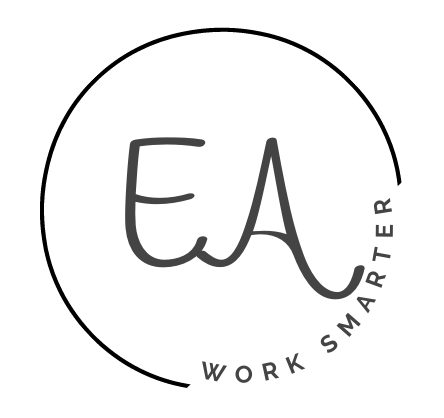If you’re looking to integrate reading and writing, then you’re going to love these reading writing prompts.
During reader’s workshop, students learn a variety of reading comprehension skills and strategies that they need to be able to apply independently.
So how can teachers assess what students really understand when it comes to literacy without using a bunch of formal tests?
That’s where these amazing reading writing prompts come in.
Utilizing these prompts, you’ll gauge how well students understand and apply a variety of literacy skills and strategies.
What’s more, these reading writing prompts boost reading comprehension.
So include within your writer’s workshop lessons a handful of these powerful reading writing prompts.
Reading Writing Prompts
1. Write a letter to your teacher persuading her to read your favorite picture book.
2. Do you prefer reading nonfiction or fiction texts? Explain.
3. Explain the importance of learning how to read.
4. Which text features help you to better understand a math or science textbook?
5. Write a combination of similes and metaphors to describe your favorite character.
6. Think about a book you love. How does the main character change throughout the story?
7. If I were making the book into a movie, I would delete… and change…
8. What literary genre appeals to you most and why?
9. Explain the benefits of using text features when reading nonfiction books.
10. In your opinion, how do mentor texts boost reading comprehension?
11. Draft a poem that personifies an object in your desk.
12. You get to jump into your favorite book and hang out with one of the characters. Who will it be, and what adventures will you two do together?
13. Create an acrostic poem using the letters in the word reading.
14. Compose a poem using onomatopoeia (words similar to the sounds they make).
15. Write ten words related to a current science or social studies unit. Create a poem using the words.
16. Rewrite the ending to your favorite fairy tale.
17. How are you similar to any of the characters in your favorite book? Explain.
18. Write a tongue twister. (A quick poem where most of the words begin with the same letter and/or sound.)
19. Create a tall tale about a funny experience that you had recently.
20. What would you and your favorite character discuss over breakfast?
21. Describe your favorite genre of books, and explain why it’s most interesting to you.
22. Write a short biography about your favorite author.
23. Draft a short story about a main character who faces his or her biggest fear.
24. Write an alternative ending for your favorite movie or book.
25. Describe how figurative language brings a book to life.
26. Write a letter to your favorite author sharing what you like most about his or her books.
27. Draft a new chapter or section for your favorite book or movie.
28. Why is reading important?
29. In what ways can students be encouraged to read more?
30. Compose a haiku about an emotion.
31. Discuss the importance of reading a variety of literacy genres.
32. Write a 12-line poem in which every line is about a different month of the year.
33. How does one use context clues to define unfamiliar words?
34. Tell about a text-to-self connection you had recently.
35. How can someone improve his reading comprehension?
36. Describe how to find a “just right” book?
37. Research, and then provide five facts and five opinions about your state.
38. Compare and contrast two characters from a book.
39. Tell the differences between fiction and nonfiction books?
40. When reading a book, what clues help you make predictions?
41. Why is the order of events in a story important for understanding it?
If you enjoyed these reading writing prompts, you may like … compare and contrast and main idea writing prompts.
